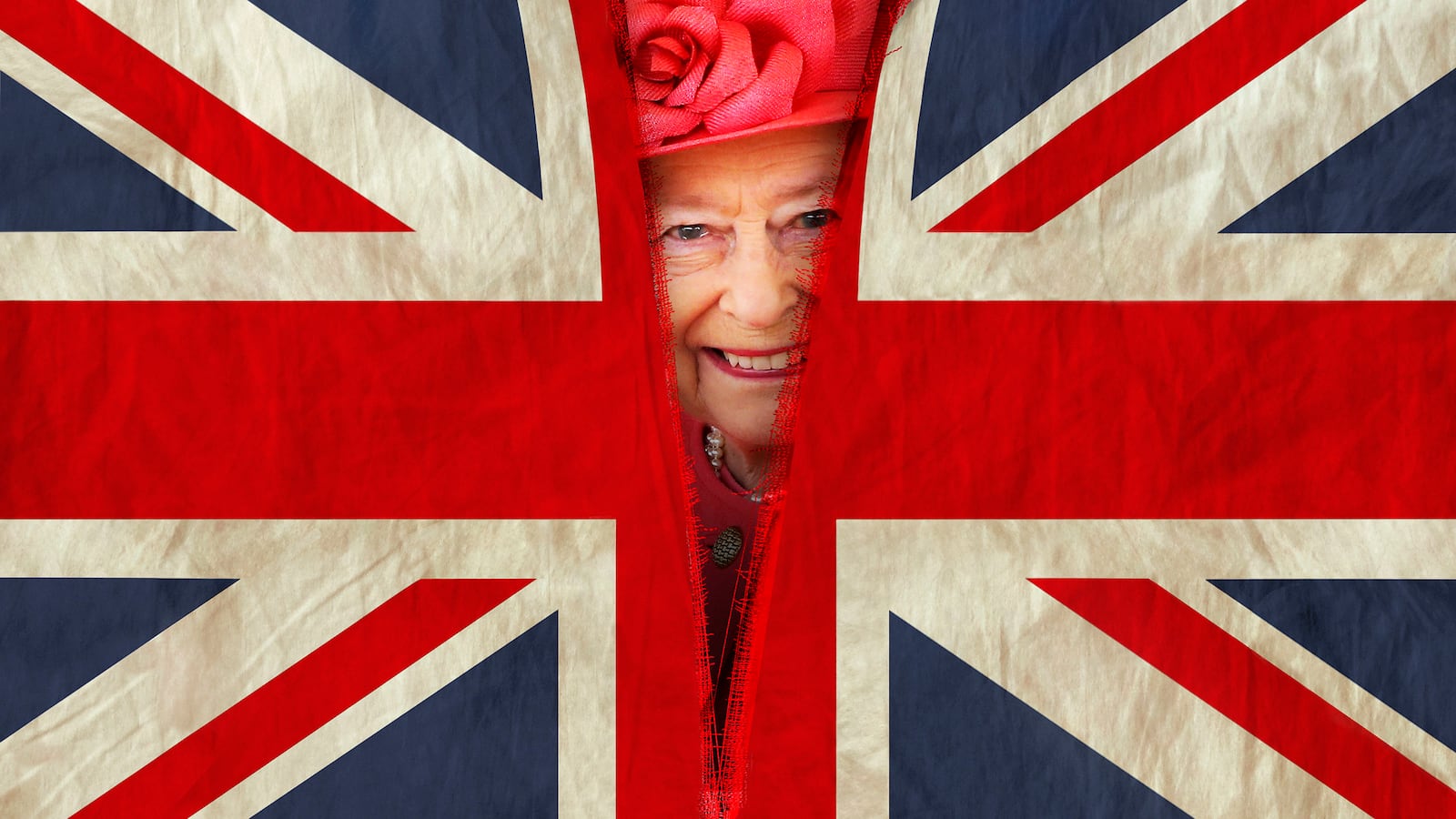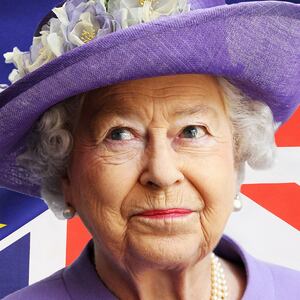If you love The Daily Beast’s royal coverage, then we hope you’ll enjoy The Royalist, a members-only series for Beast Inside. Become a member to get it in your inbox on Sunday.
In a recent newspaper interview, the new British prime minister’s special adviser, Dominic Cummings, made a highly inflammatory remark.
Cummings, who was played by Benedict Cumberbatch in this Channel 4 Brexit movie, said that if parliament passed a vote of “no confidence” in the new government of Boris Johnson, Johnson could string out the process of calling a new election to ensure that, effectively, nobody was in power on Oct. 31.
This would mean that Britain would indeed depart the European Union on that day (as this is the default legal position), thereby delivering on Johnson’s key pledge to leave the EU with or without a deal by the Halloween deadline, “do or die.”
Not wanting to be outdone, one of the opposition Labor Party’s most senior figures, John McDonnell (who has previously said that “Marx, Lenin and Trotsky” were his “most significant” intellectual influences) suggested this delaying tactic would be such an outrageous abuse of process that, if the Conservative leader failed to quit immediately, he “would be sending Jeremy Corbyn in a cab to Buckingham Palace to say ‘we’re taking over’”.
His angry language has not gone down particularly well with anyone other than hardcore Labor supporters, and it is hard to imagine the Queen’s aides telling Corbyn anything other than he should get his driver to keep the meter running if he arrived at the palace to make such an appeal.
Another idea being floated by Remainers is that MPs could use a parliamentary protocol known as a “Humble Address” where they “humbly” ask the Queen to simply fire Johnson.
Constitutional experts have lined up to rubbish this suggestion, saying that having successfully avoided getting involved in politics for all of her long reign, Her Majesty is not about to start now, at the age of 93.
Brexiteers who approve of Cummings’ plot point to the precedent of James Callaghan, who lost a confidence vote on 28 March 1979 but stayed on at No 10 Downing Street until 4 May (this is the only postwar example of a government losing a no-confidence vote).
There is also the inconvenient fact that some suspect the Queen is, at heart, a Brexiteer. As The Daily Beast revealed, she took to challenging her guests to name three things the EU had done for the UK in the days preceding the 2016 referendum.
But then she also turned up wearing that hat to the opening of Parliament in 2017, which seemed to harken to the EU flag. The truth is, no one knows what she really believes: the Queen has the best poker face on the international stage.
It is extremely unlikely the Queen would allow her personal opinion to color her actions on one of the most important constitutional issues of her reign, but Brexiteers may be correct to rest confidence in the Queen, for HM not to go along with her prime minister would be a real constitutional upset.
The Queen has little choice but to respect the authority of a sitting prime minister, even one on the way out. Buckingham Palace declined to make any comment on the issue to The Daily Beast.
But rebel Tory MPs seeking to stop Johnson also seem to think a ruling by the Queen may be the answer to their prayers; arch-Remainer Dominic Grieve said this week: “The Queen is not a decorative extra. It’s true she has sought to keep herself well away from the cut and thrust of politics but at the end of the day there are residual powers and responsibilities which lie with her. She might have to dispense with (Johnson’s) services herself.”
The truth of course, is that the Queen actually is a decorative extra, just one who happens to wield a rubber stamp.
She might gently advise Johnson it would be for the best to resign in a timely fashion (although the Queen is politically neutral, she has the right to be consulted and to “advise and warn” her prime minister, but the idea of her insisting he stand down is absurd.
What if he refused her request? Sending him to the Tower might not be a great look.
A more significant deterrent is that if Johnson lost a confidence vote and refused to resign, or did so in such a way that he effectively rammed through a no-deal Brexit despite not being meaningfully in office, he would then have to face the voters with the (possible) chaos of a no-deal Brexit exploding around him. Depending on the effectiveness of the much-vaunted no-deal planning currently going on in government, this may or may not be ideal.
Cummings, who as an unelected special adviser has a perhaps different outlook to his boss, may believe in short-circuiting protocol to get Brexit done. Peter Kyle, a Labour MP who led a compromise plan to put any deal to a second referendum dismissed Cummings as a “maverick populist who spouts off to his blogger friends.”
Other commentators say Johnson would ultimately not allow the controversial legislation to proceed without a government in place and may have a more delicate plan. (He could also be stymied by the Civil Service if he tried.)
“Perhaps he is trying to set up a situation where he can blame the EU for refusing to negotiate on the backstop, and a Remainer majority in the House of Commons for trying to block him from leaving the EU without a deal, and then call an election,” Jonathan Powell, who was chief British negotiator on Northern Ireland from 1997 to 2007, wrote in the Financial Times.
The argument seems compelling.
Ultimately, Brexit is about politics, not constitutional niceties, and will be resolved by politicians, not the monarch.
Any attempt to exploit the Queen’s delicate position by either side to influence the way forward will be brushed aside by Her Majesty, as it should be.






